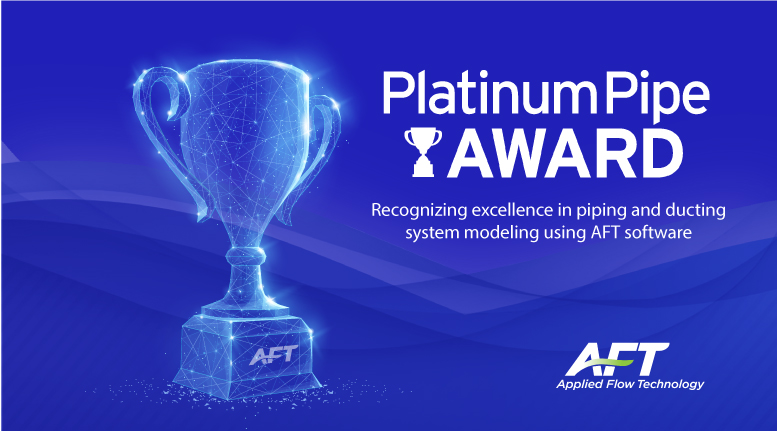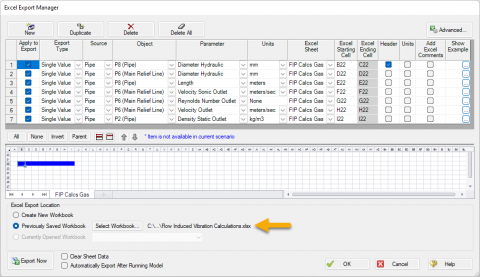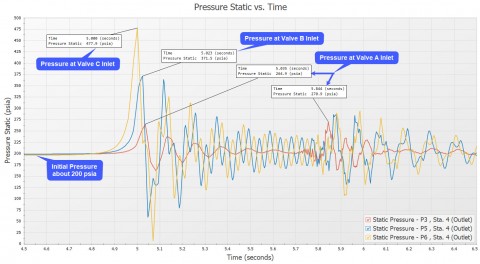AFT Blog
Many of our customers find it interesting that the foundational code developers at AFT are former rocket engineers. Jeff Olsen and I wrote the bulk of AFT Fathom™, AFT Arrow™, and AFT Impulse™ from 1993-2003. Jeff is currently AFT's Vice President of Technology. We both hold B.S. and M.S. degrees in Mechanical Engineering.
AFT Fathom 8 has a new and improved method for predicting system pressures that involve laminar flow or non-Newtonian fluids. The Adjusted Turbulent K Factor (ATKF) method is used to apply corrections to pipes and components involving these special flows. The ATKF method can be enabled on the System Data tab in the System Properties window. Clicking on the question mark next to the ATKF method will access the AFT Fathom 8 Help Content that discusses the ATKF method in detail. In September 2012, Applied Flow Technology and DuPont published a technical article for the International Pump Users Symposium that discusses...
Many of you work for organizations located outside the USA or with a presence outside the USA. Getting timely answers to your sales and support questions wherever you are located is important in order for you to support your projects and operations.
Do you ever wonder who the people are behind AFT? Do you wonder what our plans are for the future of our software products? Do you ever wish you could talk directly to AFT staff and communicate new features you would like to see? Do you ever wonder who else uses our products in the geographic region around you?
The question of whether waterhammer analysis on new pipe systems is optional or required does not have a definite answer. In some cases it is clear - such as when the pipe system is being designed in compliance with ASME code (see How AFT Impulse Can Help Engineers Comply With ASME Codes). But in many cases it is up to experience and judgment whether or not to perform waterhammer analysis.
AFT Fathom 8 can be used to quickly and easily model multiple pump configurations with different pump speeds and impeller sizes. First, determine a particular pump curve to use from either a manufacturer’s pump curve or pump curve verification test data. Next, determine new pump curves for head and flow using the affinity laws considering either a change in pump speed or impeller size. The multiple pump curve data sets will then be entered for each particular pump configuration. In Figure 1 (click on the image to see it larger), there are a few pump configurations that have already been defined. ...
I remember as a child watching an episode of the Twilight Zone where a man replaces all of the workers in a factory with machines. The episode treated this topic as morally corrupt. And my childlike mind agreed. I remember feeling badly for all the people who lost their jobs and thinking, philosophically, how one day machines and computers could replace all jobs and no one would have any work to do.






